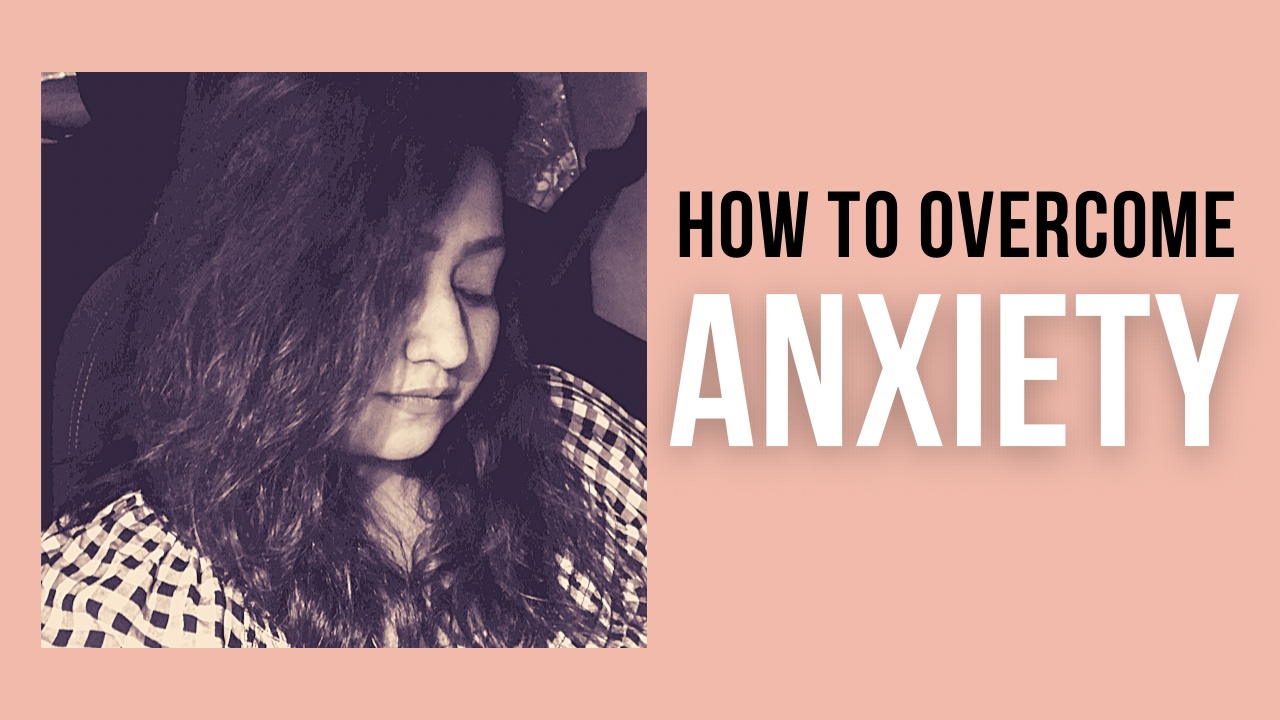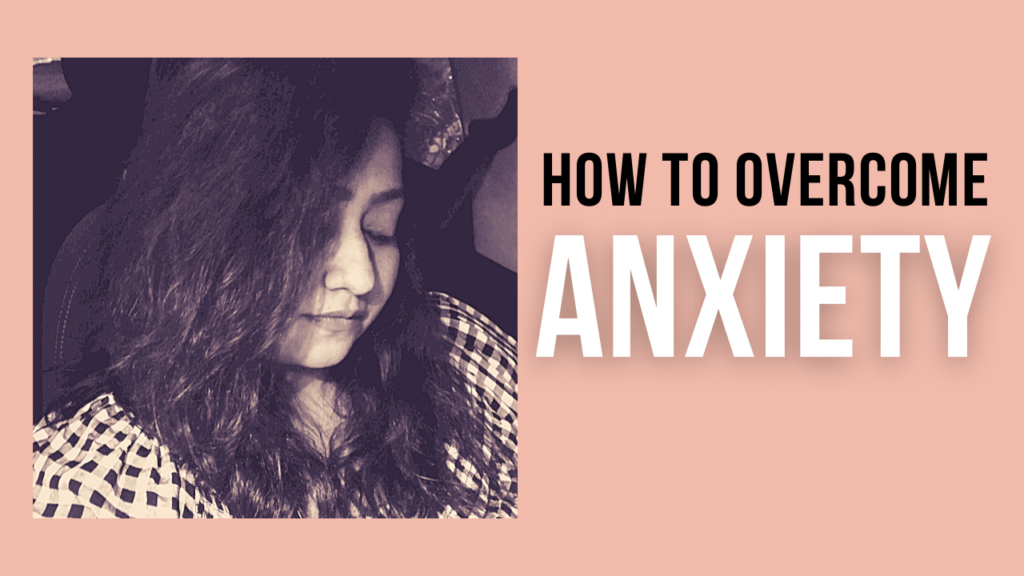How To Cope With Anxiety?

Anxiety is what we feel when we are worried, tense or afraid, particularly about things that are about to happen, or which we think could happen in the future. It is a natural human response when we feel that we are under threat. It can be experienced through our thoughts, feelings and physical sensations. Most people feel anxious at times. It’s particularly common to experience some anxiety while coping with stressful events or changes, especially if they could have a big impact on your life.
In today’s expeditive and demanding world, anxiety has become increasingly prevalent. It can manifest as persistent worry, racing thoughts, restlessness, and a sense of unease. However, there are effective strategies to help manage and cope with anxiety.

Recognize and Accept Anxiety
The first step in coping with anxiety is to acknowledge and accept its presence. Recognize that anxiety is a normal human response to stress and that it does not define you. By accepting your anxiety, you can approach it with a compassionate and non-judgmental mindset, which is vital for effective coping. Do not run away from the fact and the feeling of getting anxious. If you don’t accept and acknowledge it then you can not deal with it and couldn’t be able to cure this.
Deep Breathing and Relaxation Techniques
The very basic and primary technique to deal with your anxiety is deep breathing and relaxation. Deep breathing exercises and relaxation techniques can help calm the mind and body when anxiety strikes. Practice diaphragmatic breathing, where you inhale deeply through your nose, allowing your abdomen to expand, and exhale slowly through your mouth. Incorporate relaxation techniques such as progressive muscle relaxation or guided imagery to induce a state of relaxation.
Engage in Regular Exercise
Engaging yourself in any kind of routine exercise would be the most effective and easiest way to cope with your anxiety issues. Regular physical activity is known to reduce anxiety and improve overall well-being. Engaging in exercises such as jogging, yoga, swimming, or dancing helps release endorphins, which act as natural mood enhancers. Aim for at least 30 minutes of moderate-intensity exercise most days of the week to reap the benefits.
Challenge Negative Thoughts
Anxiety often feeds on negative thoughts. Practice challenging and reframing these negative thoughts by questioning their validity. Ask yourself for evidence supporting and opposing the negative thoughts, and reframe them into more realistic and balanced perspectives.
Build a Support System
Building a support system of trusted individuals can provide comfort and reassurance during times of anxiety. Share your feelings with trusted friends, family members, or a therapist. Having a support system can provide comfort, reassurance, and valuable advice. Seek professional help if needed.
Prioritize Self-Care
Self-care plays a vital role in managing anxiety. Take care of your physical, emotional, and mental well-being. Engage in activities you enjoy, practice good sleep hygiene, maintain a balanced diet, and allocate time for relaxation and self-reflection. Prioritizing self-care reduces stress levels and promotes a greater sense of inner calm.
Practice Meditation and Mindfulness
Mindfulness and meditation techniques can help anchor your focus on the present moment, reducing anxiety related to future worries. Practice mindfulness by observing your thoughts and emotions without judgement, bringing your attention back to the present whenever your mind starts to wander. Engaging in regular meditation can train the mind to be more resilient and centred in the face of anxiety-provoking situations.
Seek Professional Help
If anxiety significantly interferes with your daily life and coping strategies are insufficient, do not hesitate to seek professional help. A mental health professional can provide valuable guidance, and potentially recommend therapy, tailored to your specific needs.
Coping with anxiety is an ongoing journey that requires patience, self-compassion, and the willingness to implement various strategies. Implementing these strategies consistently and seeking appropriate support can help you effectively manage and reduce anxiety, leading to a more balanced and fulfilling life. Remember, with time and perseverance, it is possible to regain a sense of balance.
Bravo… Superb topic you have choosen to write✍️ No body is thinking on Mental Health problems and you give very valuable points to cure this mental disorder… Thank you for your Blog